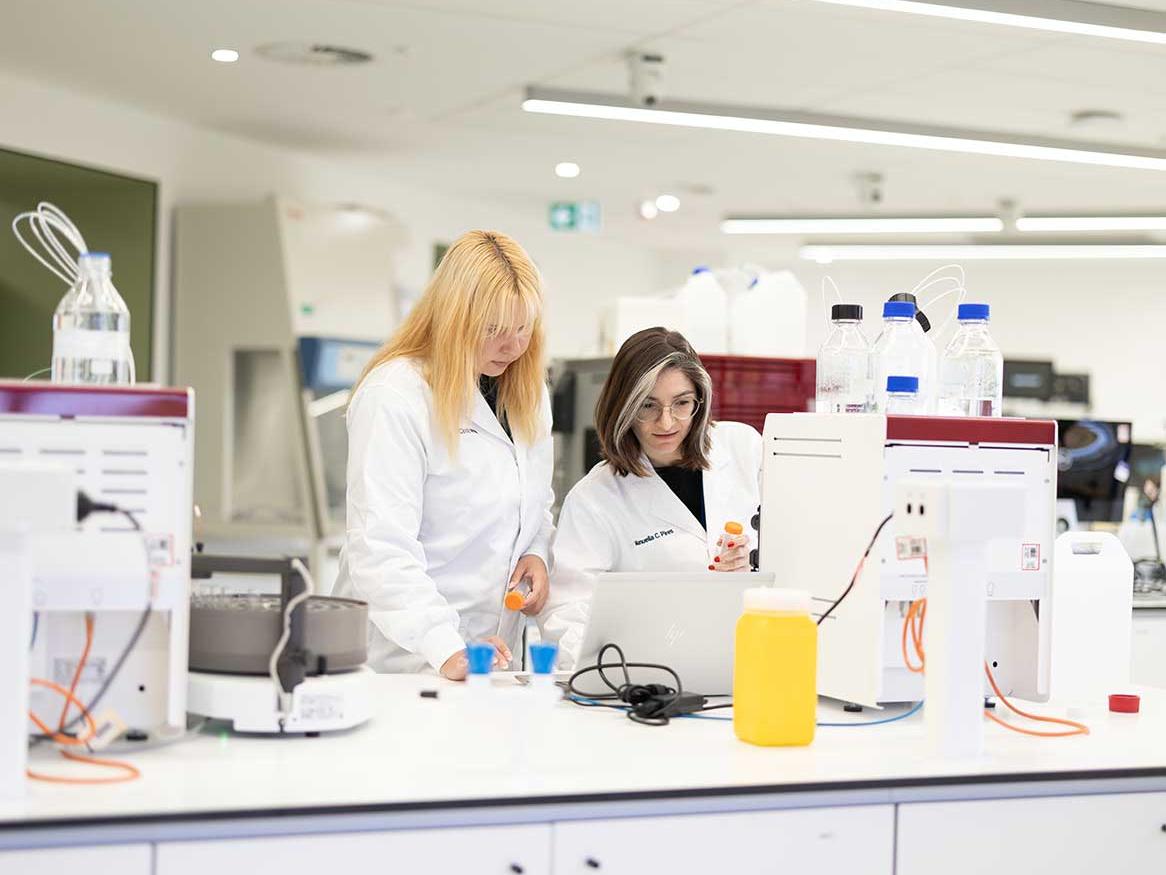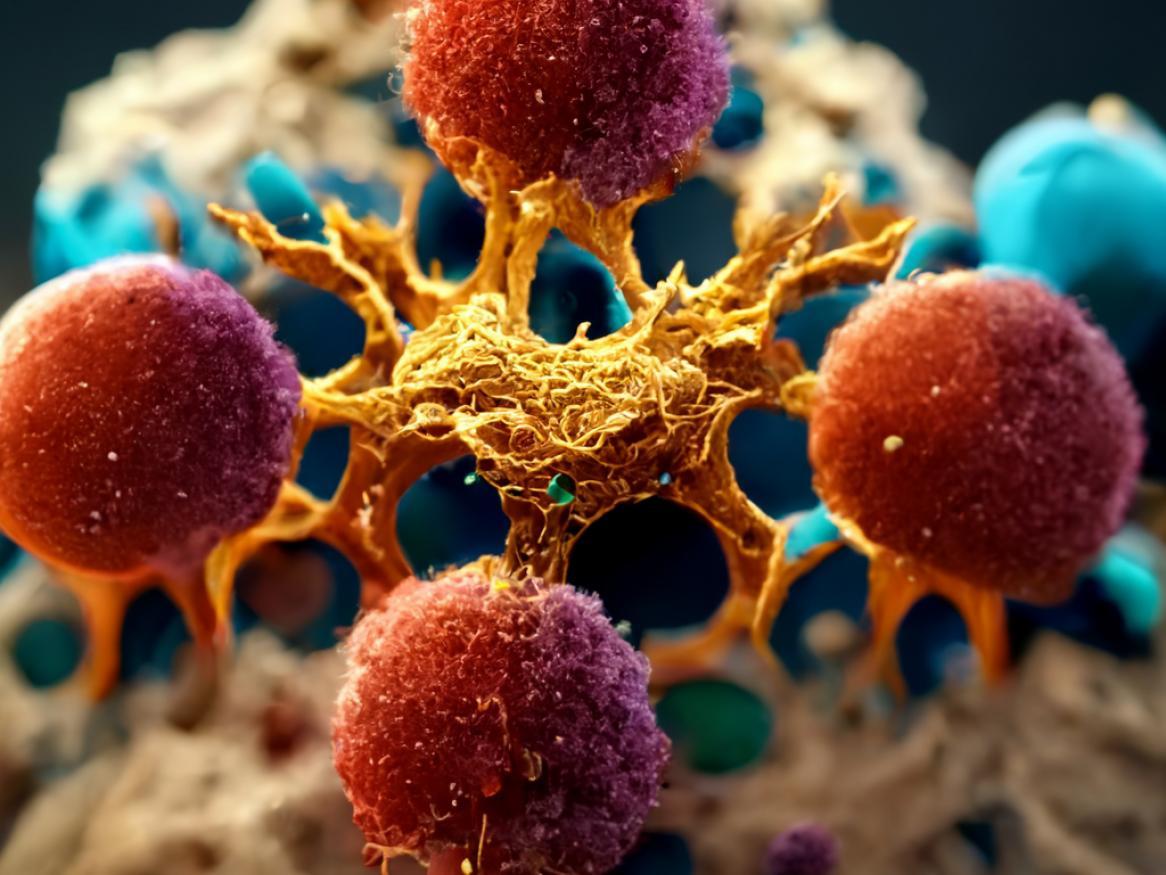Bioprocess Engineering Research
Our Bioprocess Engineering research is conducted in state-of-the-art laboratories located at the Engineering North Building and the Helen Mayo North Building.
Our capability spans the following areas:
- Food and beverage process engineering
- Plasma-based bioprocess engineering
- Flow chemistry based pharmaceutical processing
- Bioprocess development
- Formulation, delivery, and controlled release of therapeutics and vaccines
- Nanomedicines for cancer treatment
- mRNA nanomedicines
- T cell immunotherapy
- Lipid nanoparticle formulation
- Functional peptide and proteins for self-assembled biomaterials
- Synthetic biology for mineral processing
- Biosensing
- Lab-on-a-chip
- Organs-on-a-chip
- Fighting cancer with space nanomedicine
- Continuous biomanufacturing
Example research project titles include:
- Production of Yeast host recombinant lactoferrin
- Protecting therapeutic proteins from free radical damage
- Defining processing parameters of new protease bioprocessing product
- mRNA vaccine manufacture – design of lipid-nanoparticle aqueous formulations
- Maximising the potency of nanomedicine’s efficacy via tuneable drug loading and controlled release
- Modelling of continuous chromatography
- Creating a new formulation for pharmaceutical collagen from animal origin
- Expression, purification, and optimization of dogtag GFP for VLP vaccine development
Biomanufacturing Research Group
Our research group works with the newest technologies available to deliver more efficient, rapid, and cost-effective bio-derived products such as vaccines, mRNA, purification devices, and recombinant proteins.
Bioinspired Materials and Devices Research Group
Creating new materials inspired by nature to become leaders in bioinspired nanomaterials, bioengineering and microfluidics development for critical precision nanomedicine and industry relevant applications.
-
Research impact
Our bioprocess engineering research is of direct benefit and relevance to the pharmaceutical and health industries. Our research impacts the following areas:
- Our researchers publish extensively on the subject of liquid formulation of therapeutic proteins
- Bio-inspired nanotechnology and microfluidics (ARC and NHMRC funding)
- Advanced nano/micro materials for drug delivery and controlled release (ARC funding)
- Cancer nanomedicine (NHMRC funding)
- Novel biomolecules for mineral processing (ARC Centre of Excellence)
- Characterisation and evaluation of mussel adhesive protein (MAP) in vitro cell/tissue culture, funded by industry
- Bio-system study for mammalian cell transient transfection, funded by DAAD-Gro8 research fund
- Catalyst cascade reactions in ‘one-flow’ within a compartmentalized, green-solvent ‘digital synthesis machinery’ – end-to-end green process design for pharmaceuticals
- From moon materials to high-performance products: ultrapurification of resources and their manufacturing as medicinal formulations, University of Adelaide PhD project.
-
Consulting services
We advise on, contribute to and lead projects relating to:
- bioprocess development, from mammalian cell culture or microbial fermentation,recovery,purification and formulation
- bioprocess and pharmaceutical process modelling and simulation
- food and beverage fermentation and processing
- nanoparticle formulation
- microfluidics
- drug delivery
- controlled release
-
Our researchers
We have expertise across a wide range of areas. Our researchers are available to assist with research project supervision for Master of Philosophy and Doctor of Philosophy students.
-
Fields of research codes
Our Bioprocess Engineering research strength covers the following Fields of Research (FoR) Codes: Biocatalysis and enzyme technology (310601), Bioprocessing, bioproduction and bioproducts (310602), Fermentation (310603), Industrial molecular engineering of nucleic acids and proteins (310606), Nanobiotechnology (310607), Biomaterials (400302).
Higher degree by research opportunities
Be involved in engineering discovery, invention, and cutting-edge research through a higher degree by research. Join our Master of Philosophy or Doctor of Philosophy programs.



